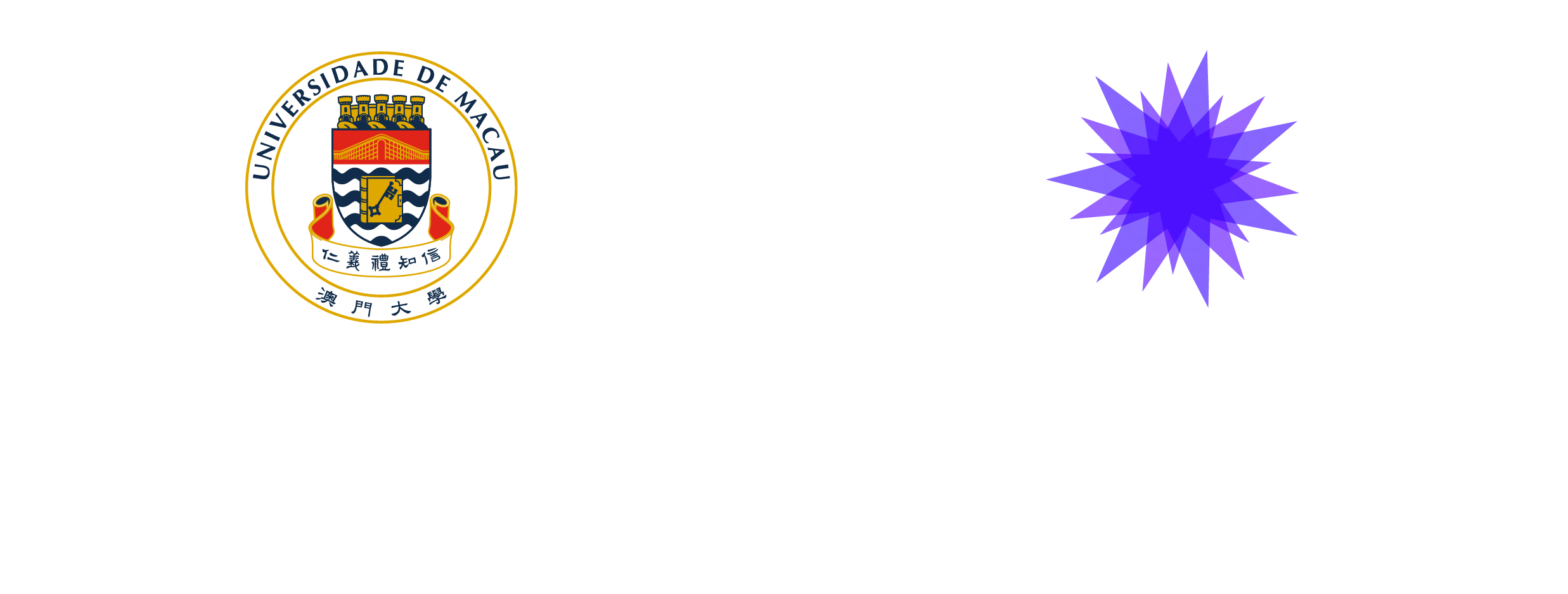Whether we should take fish oil supplements to enhance our memory is a concern for many people. On September 18, Professor Su Huanxing – the invited speaker from the Institute of Chinese Medical Sciences – gave an in-depth presentation about the structure, origin and functions of OMEGA-3, a major ingredient of fish oil. He also discussed the causes of cognitive dysfunctions and ways of preventing them. The talk was attended by 36 students.
The Alzheimer’s and vein-related diseases in the brain are the two major causes of memory loss and cognitive dysfunctions. OMEGA-3 is one type of unsaturated fatty acid, and DHA, an ingredient often found in milk powder for babies, is one type of OMEGA-3. The mainstream view of scientists is that OMEGA-3 helps relieve symptoms among patients who are at an initial stage of the Alzheimer’s disease or not severely affected by the disease. In addition, OMEGA-3 helps prevent vein-related disease of the brain and the heart, cancer and diabetes. It can help reduce inflammation and stabilize mood. In sum, OMEGA-3 is beneficial to humans in many ways.
OMEGA-3 can be absorbed only by eating, in particular, by eating deep sea fish which accumulate OMEGA-3 by eating seaweed. This is why the Eskimos – who often eat deep sea fish – seldom suffer from the Alzheimer’s disease. Besides, green vegetables and nuts are also good OMEGA-3 supplements.
Professor Su reminded that there is only 30% of OMEGA-3 in fish oil. It may not be wise to take 30% of OMEGA-3 together with 70% of other unidentified fatty acids. He advised that we had better eat more food which is rich in OMEGA-3. After the talk, many students did follow up with various questions.
This talk is the second of a two-part seminar-talk series on the theme of “Reversing Memory Loss”. The first talk was delivered by Prof Lu Jiahong, also from the Institute of Chinese Medical Sciences, on September 11.
我們需要吃魚油補充OMEGA-3以增強記憶力嗎?這是很多人關心的問題。9月18日,中華醫藥研究院的蘇煥興教授應邀來到紹邦書院,就OMEGA-3的結構、來源和功用,以及人類認知功能衰退的成因、預防方式做了一次詳盡的演講。共有36名紹邦學生參加了此次精彩的講座。
阿茨海默癥(俗稱老年癡呆)和由腦部血管病變引起的血管性癡呆,是造成記憶和認知功能衰退的兩個主要原因,也引起了科學界的極大關注。而OMEGA-3是一種不飽和脂肪酸,嬰幼兒奶粉中經常添加的DHA(二十二碳六烯酸)就是OMEGA-3的其中一種。當前主流的科學意見認為,OMEGA-3可以改善輕中度的、早期的阿茨海默癥患者的症狀。此外,OMEGA-3也有預防心腦血管疾病、癌症和糖尿病等疾病的功效,還能用於抗炎和穩定情緒,對人體有很大的益處。
但是,OMEGA-3只能從食物中攝取,尤其是深海魚,它們因為食用海藻而在身體內富集了大量的OMEGA-3,這就是愛斯基摩人雖然體型肥胖但只有少數人患這類慢性疾病的秘密。此外,綠色蔬菜和堅果也有助於補充OMEGA-3。
至於魚油,蘇煥興博士提醒說,在日常市面上的魚油產品中,OMEGA-3的含量只有30%,為了補充這30%的OMEGA-3而攝入另外70%的不明油脂,恐怕未必合算,還是推薦年輕人通過合理飲食來補充OMEGA-3。
講座結束後,同學們紛紛提出他們好奇的問題,蘇博士詳細地從科學的角度去解釋,滿足了同學們的好奇心。
本次講座是“挽救消失的記憶”系列講座的第二次。上一次講座是在9月11日,由同樣來自中華醫藥研究院的路嘉宏博士介紹阿茲海默症。

蘇煥興教授介紹人體內脂肪的種類和結構
Prof. SU introducing fatty acid’s types and structure.

與會學生向蘇煥興教授提問
Students raising follow-up questions

有36名紹邦學生參與此次科普講座
A total of 36 SPC students attended this seminar talk that popularizes science among university students.

